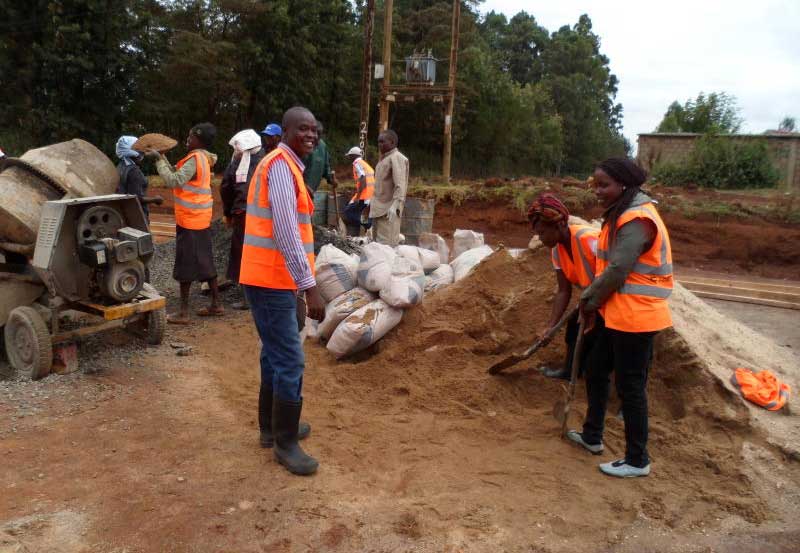×
The Standard e-Paper
Kenya’s Boldest Voice

More than Sh56.4 billion worth of State tenders have been awarded to women, youth and People with Disabilities (PwDs) since 2016 according to the Government.
The Parliament passed the popular law in 2015, demanding that state agencies reserve at least 30 per cent of tenders for these special interest groups, in a move aimed at empowering them financially.